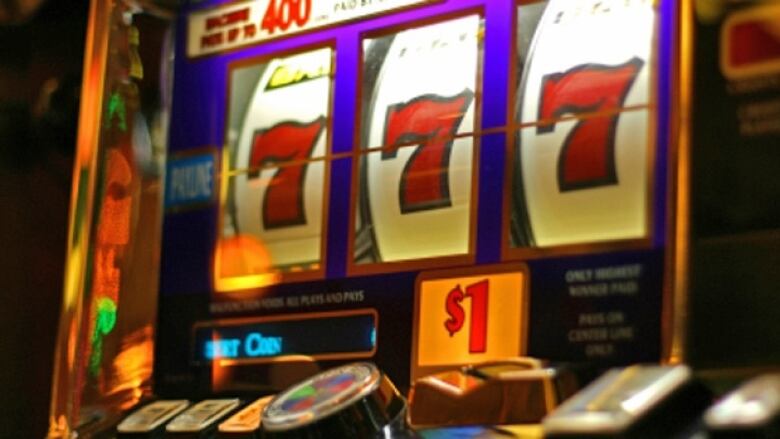Problem gambling triggers same part of brain as substance addiction
Drug and gambling addictions activate the insula a mysterious part of the brain connected to cravings

Just the lights and sounds of a slot machine makepart of a problem gambler's brain flare up with activity.
That part of the brain is called the 'insula' and according to researchers with UBC's department of psychology it's the same region of the brain that's activated in a person coping with drug addiction.
The findings, set to be published in Translational Psychiatry, suggest the insula is also involved in behavioural addictions like gambling, and that treatment that targets that region of the brain may helppeople with gambling addictions.
Lead author Eve Limbrick-Oldfield, a postdoctoral research fellow in the department of psychology and the Centre for Gambling Research, said many aspects of theinsula, located deep in the brain's cerebral cortex, are unknown.
"This mysterious and poorly understood part of the brain has been identified as key hub for craving in past research," she said in a release.
"For example, smokers who have sustained brain injuries affecting their insulahave been found to be more likely to quit smoking."
New treatments possible
Researchers had 19 people with 'gambling disorders' undergo MRI scans while looking at a variety of photos relating to gambling, and then a series of unrelated images.
They then had 19 people with no history of problem gambling look at the sameimages.
Researchers found gamblers self-reported higher levels of craving after viewing the photos related to gambling.
The images also triggered brain activity in the frontal cortex and insula two areas of the brain related to craving and self-control in drug addiction.
Luke Clark, director of the Centre for Gambling Research and a co-author on the study, said the findings demonstrate just how difficult it can be for people addicted to gambling to resist triggers even after a significant periodof time.
"Everything from the lights and sounds of the slot machines to the smell of the casino are cues that, even after years of abstinence from gambling, can trigger a craving," Clark said.
"Being able to control one's response to these cues is a crucial part of avoiding relapse."
The researchers are now looking into whether naltrexone - a medication frequently used to treat alcohol or heroin addiction - can help people coping with gambling disorders as well.












_(720p).jpg)


 OFFICIAL HD MUSIC VIDEO.jpg)
.jpg)



























































































